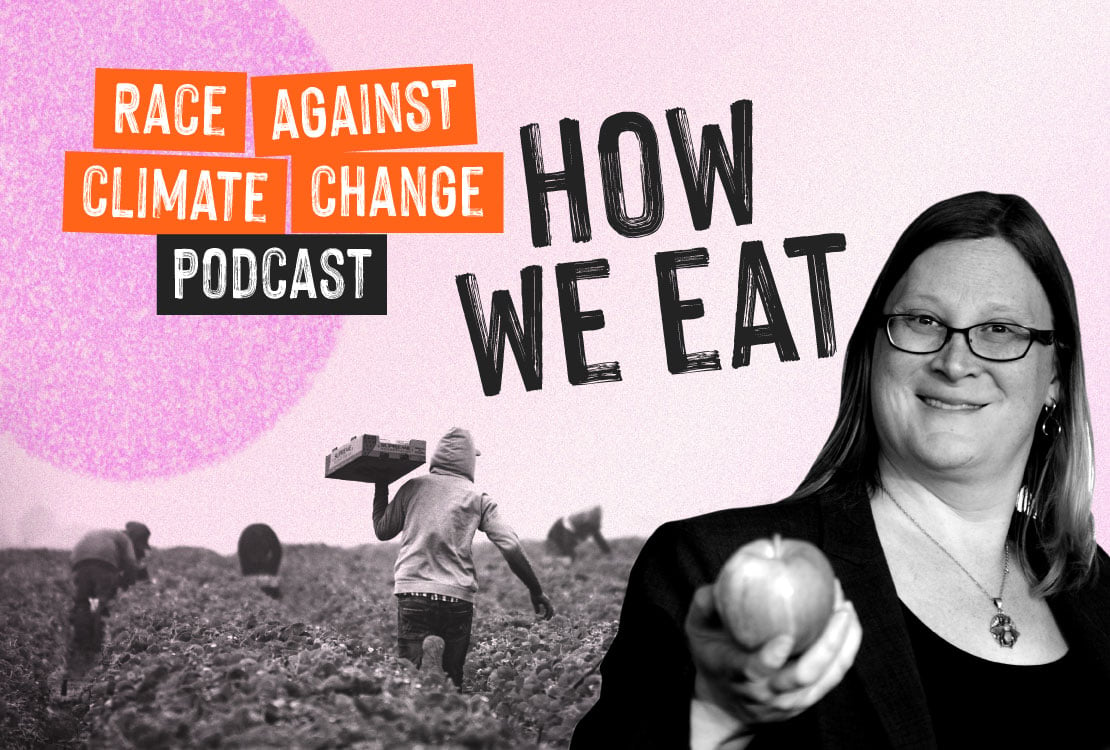Canada can and must do better on sustainable finance

Two years ago, the Expert Panel on Sustainable Finance released a report focused on the need to align our financial systems with viable plans for timely emission reduction and climate adaptation in order to achieve our environmental imperatives while simultaneously bolstering our long-term global competitiveness.
The panel’s 15 recommendations in the report focused on the need for public-private sector collaboration in developing those plans, integrating sustainability into the financial system’s practices and policies, and increasing investment in key themes such as electrification, infrastructure, and industry innovation.
The need to scale sustainable finance in Canada is more urgent today than it was when those recommendations were released. However, the first expert assessment of the state of sustainable finance in Canada shows we are not moving fast enough. While progress has been made on the recommendations, time is of the essence and Canada must up its game to ensure we form the basis for a competitive and sustainable economy that is consistent with a timely transition to net-zero.
First, we need to get more of the foundational elements in place to support good risk-based decisions, including sufficient climate-related corporate disclosures; reliable, consistent, and financially relevant climate data; clarity surrounding responsibilities for key industry professionals, and commonly accepted definitions.
Second, we need new financial structures to combine public and private finance, and new structures for securities designed to finance heavy-industry transition. This includes ramping up efforts to develop a transition taxonomy, introduce innovative financing, and promote sustainable investment as “business as usual” within the asset management community.
Armed with these improved tools, we need to get more capital flowing under a sustainable lens. This applies to traditional areas such as electrification, building retrofits, and climate-smart infrastructure, as well as to emerging opportunities such as hydrogen, biofuels, mineral-to-battery supply chains for EVs, regenerative agriculture, carbon capture, and technologies driving breakthroughs in construction materials and energy efficiency. These actions will serve to safeguard existing industries and create new pillars for the Canadian economy.
We have reason for optimism. In the private sector, some leading institutions have worked to enhance their disclosure and have started work to adjust risk frameworks and experiment with scenario analyses. Investment practices are evolving rapidly and meaningfully. Net-zero targets and related financing commitments are being established by these institutions and supporting plans are beginning to emerge. Training programs have been created to enhance knowledge and capacity in sustainable finance. Guidance and opinions on legal and governance matters have, in some instances, been published.
Notwithstanding these and other advances, there is an urgent need to increase the scope, intensity, and speed of the efforts. One important learning is that, as anticipated, in order for the financial system to act in a rational data-driven manner, improved data and disclosures are essential throughout the economy, and credible net-zero plans must become the norm for all industry sectors.
At the public sector level, again much has happened. Policies on carbon pricing have been further clarified. Emission reduction targets have been enhanced and have become law through Bill C-12. Important advisory bodies have been established and regulators have begun to interact with the financial sector on risk and scenario planning. Infrastructure planning has progressed. Capacity for retrofit finance is expanding via the Canada Infrastructure Bank and other sources. Additional support for cleantech innovation has been announced.
Nevertheless, significantly more must be done in conjunction with the private sector to provide direction, establish boundaries, align regulation and incent constructive action. Ultimately, Canada’s public and private sectors must come together — and act together — to expand and unlock available capital pools to provide the transition capital our industries need.
The moral imperative is clear. The financial imperative follows. In that context, this is an inflection point for sustainable finance, and for Canada. As global leaders and investors double down on their commitment to achieving a net-zero world, trillions of dollars will flow. Canada has a chance to enhance its global economic stature while helping solve the world’s biggest environmental challenge.
Our country has all the necessary ingredients to excel in this challenge: financial expertise, business acumen, capacity for innovation, public sector sophistication, capable NGOs, Indigenous wisdom, and a uniquely collaborative mindset. All of these are critical to aligning capital with a net-zero future in a manner that will support a timely, commercially successful, and just economic transition for the benefit of Canadians and the world.
As leading nations rush forward, we must seize the reins and secure our own destiny.
Andy Chisholm is a member of the Expert Panel on Sustainable Finance and a board director for RBC and MaRS. Sean Cleary is the chair of the Institute for Sustainable Finance and a co-author of the newly released report, Changing Gears: Sustainable Finance Progress in Canada.







Comments